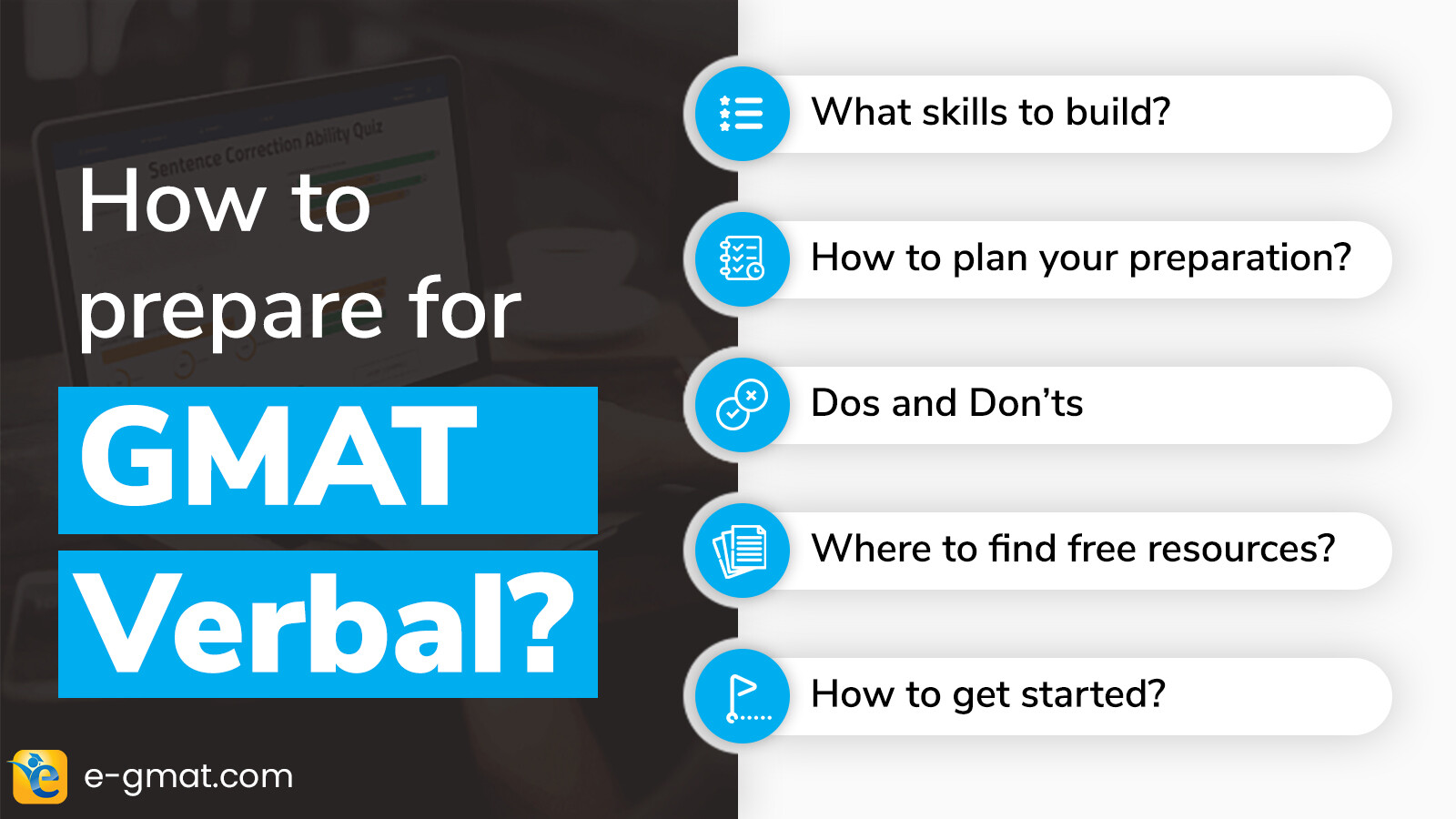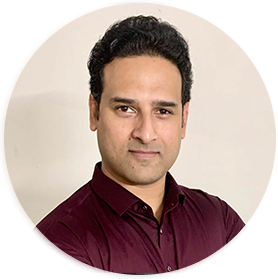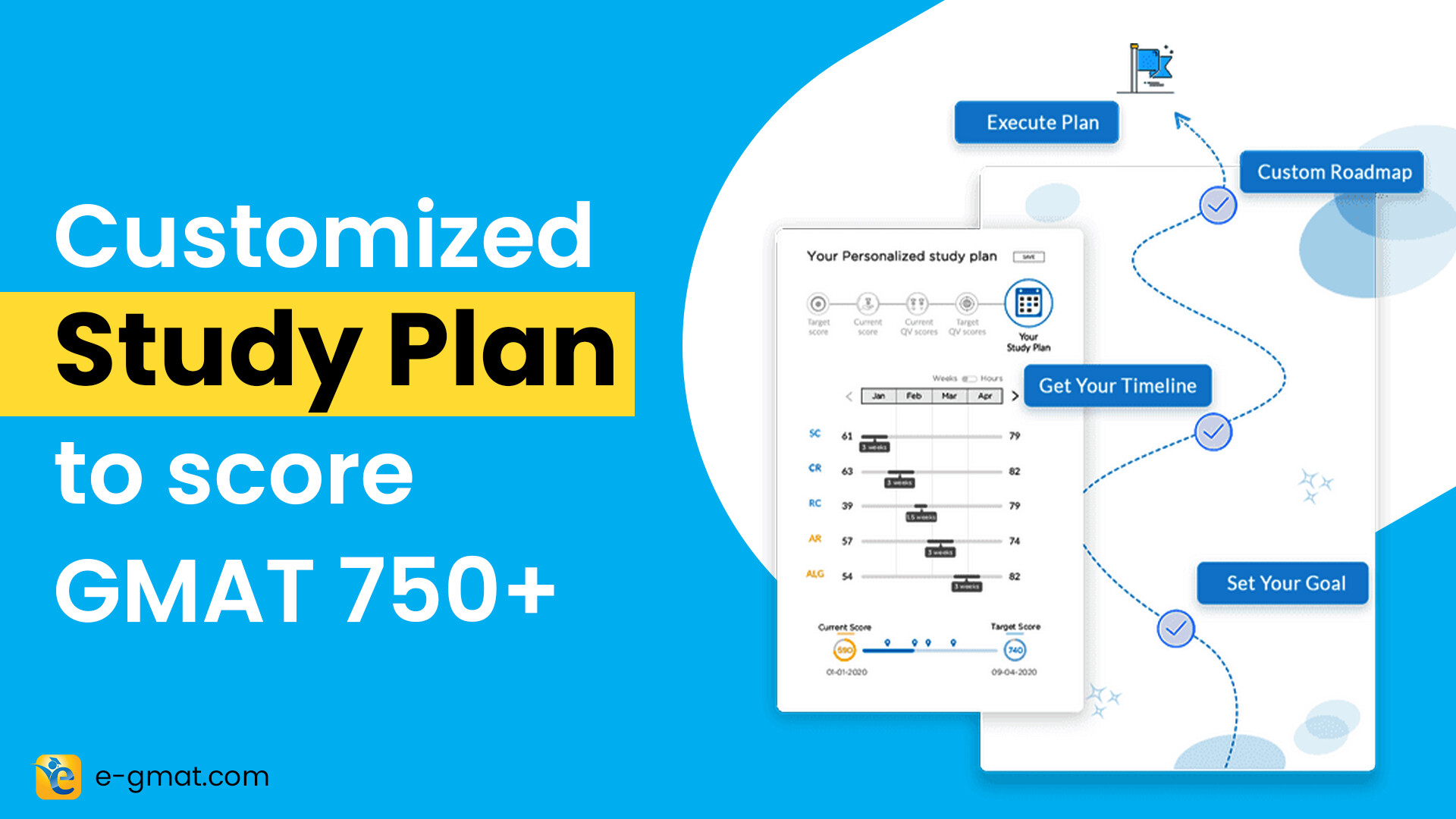Adverbs are the words that describe or modify verbs, adjectives, other adverbs or clauses. They can be a single word, a phrase or a clause. Adverbs generally answer one of these four questions about the entity they modify: How? When? Where? and Why? For examples:
- Kim quickly grabbed the last cookie left on the plate.
In this sentence, the adverb “quickly” modifies the verb “grabbed” by defining the How aspects of the action. How did Kim grab the last cookie? She grabbed it “quickly”.
- In the game of hide and seek, Amy decided to hide in a completely dark room in the basement.
Here, the adverb “completely” refers to the adjective “dark”. How dark was the room? It was completely dark.
- Ria happily accepted the new project that was the gateway for her promotion.
In this sentence, the adverb “happily” describes the adverb “accepted”. How did Ria accept the new project? She did so happily.
- Ria very happily accepted the new project that was the gateway for her promotion.
In this sentence, the adverb “very” describes the adverb “happily”. How happily did Ria accept the new project? She did so very happily. So here the adverb presents the extent or degree of happiness.
- Surprisingly, our Indian food stall had the maximum footfall in the World Gourmet Fest.
Here, “Surprisingly” describes the entire main clause.
How are Adverbs formed?
Most of the single-word adverbs end with “ly”. For example, “quickly”, “completely”, “happily”, and “surprisingly” are all adverbs ending with “ly”.
However, there are a few words that are not adverbs despite ending with “ly”. For example, “lonely”, “lively”, “lovely”. Even if they end with “ly”, these words are adjective that modify nouns. So you must not blindly consider any “ly” ending word to be an adverb. Always go by the meaning and role of the word!
Furthermore, there are many adverbs that do not have a specific ending. For example: next, not, then, often, and seldom.
Take Away
So as you saw above, adverbs can describe any entity in the sentence except nouns and pronouns. They can describe verbs, other adjectives, other adverbs, and even complete clauses. In these examples you also saw that adverbs that are single words. To learn more about how to form adverbs, click here. Furthermore, apart from single words acting as adverbs, phrases and clauses can also act as adverbs. Read this post for more information.
If you are planning to take the GMAT, we can help you with a personalized study plan and give you access to quality online content to prepare. Write to us at acethegmat@e-gmat.com. We are the most reviewed GMAT prep company on gmatclub with more than 2400 reviews and are the only prep company that has delivered more than 700+ scores than any other GMAT club partner. Why don’t you take a free trial and judge for yourself?












